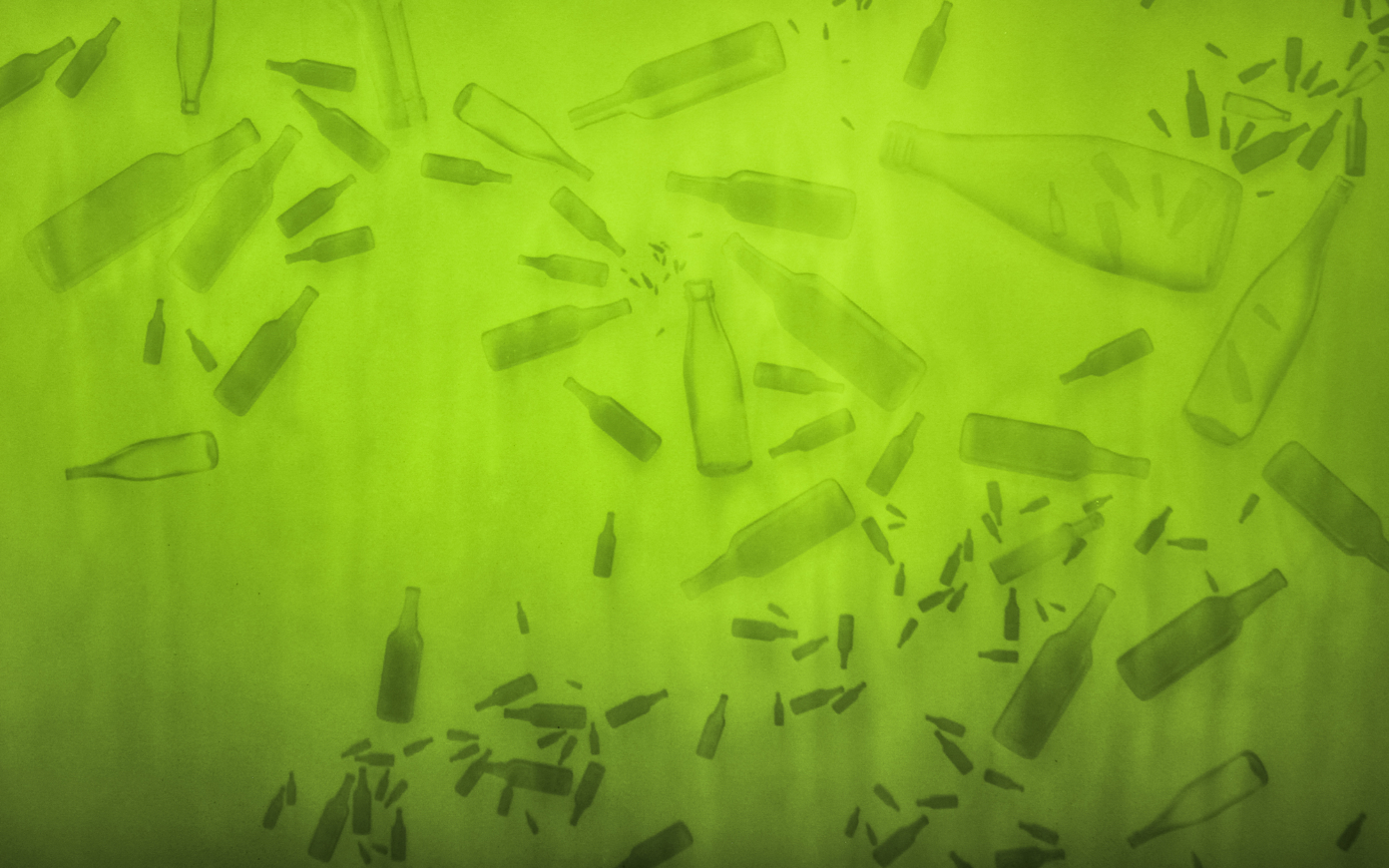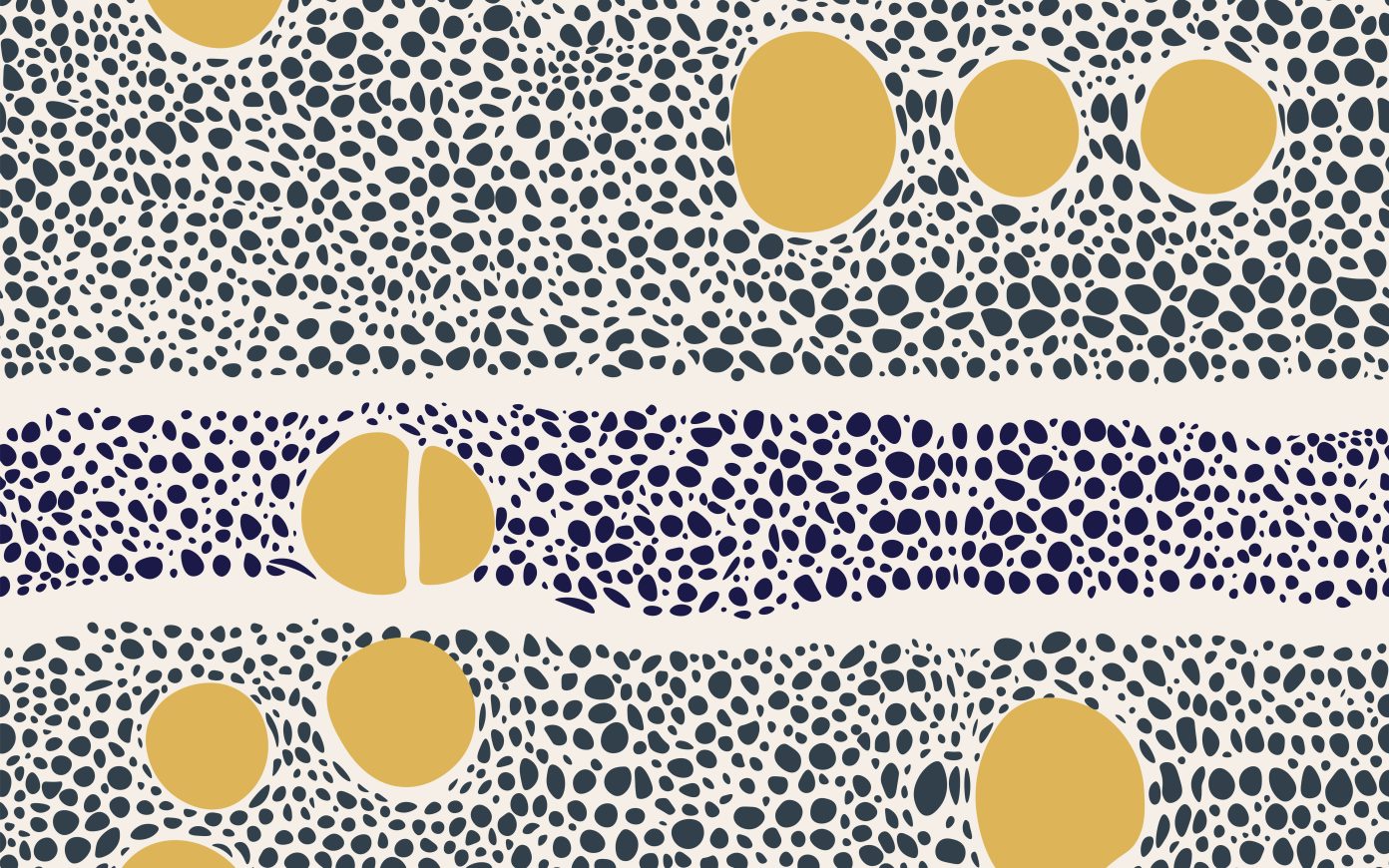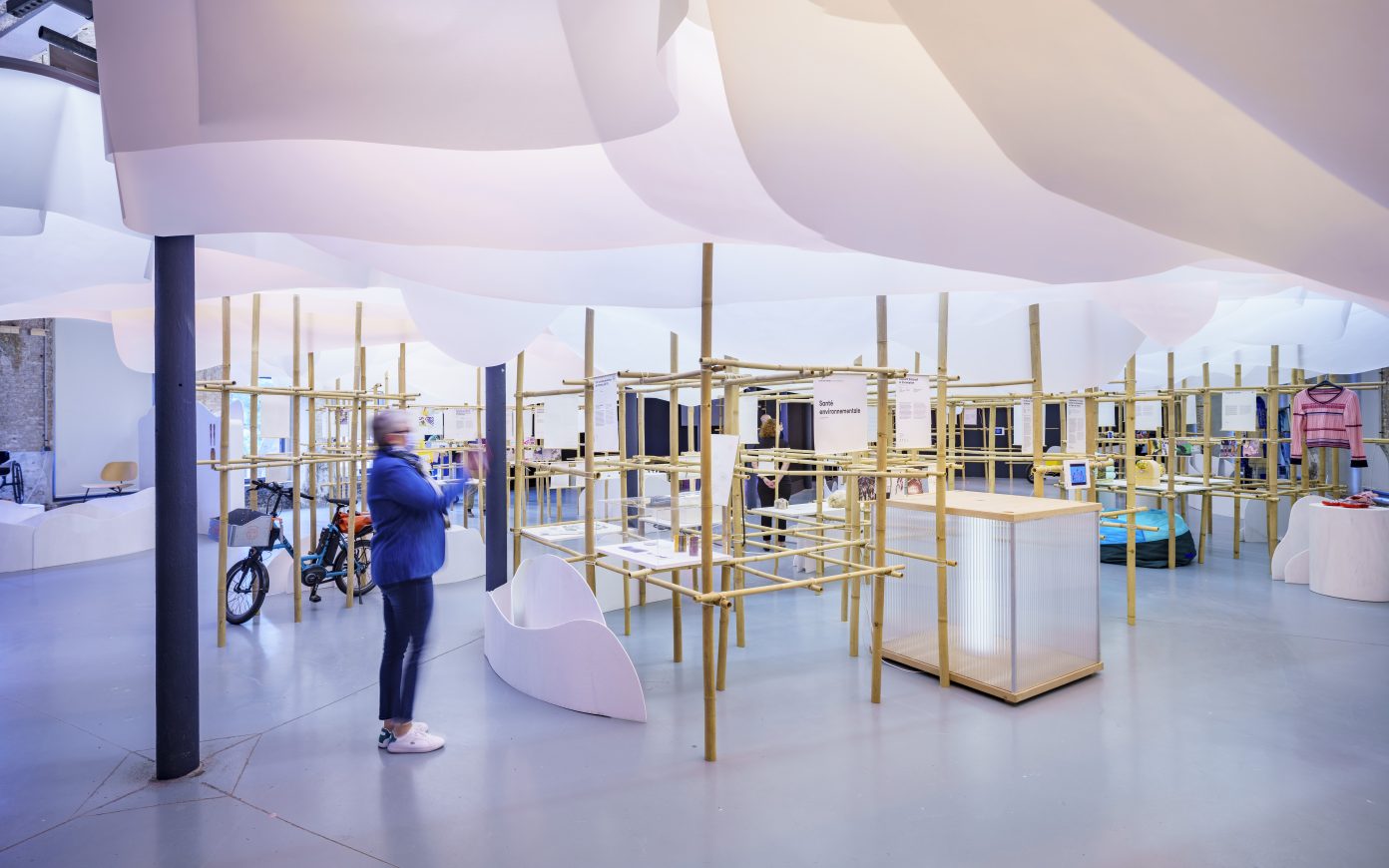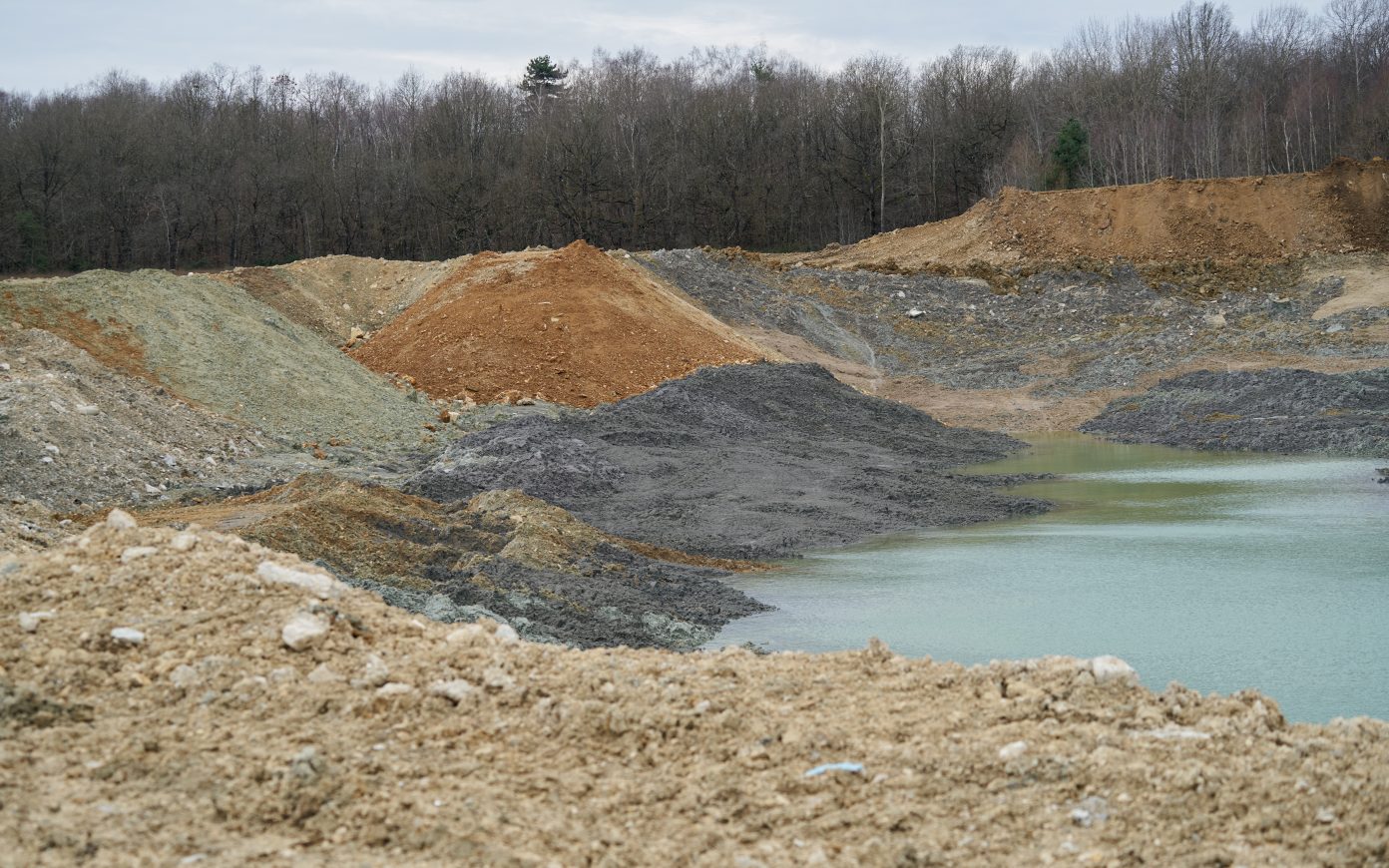Stream 05
Stream 05 investigates the forms of intelligence to be considered, implemented, and transmitted to overcome the Urbanocene. While Stream 03 analyzed our entry into the Anthropocene and Stream 04 studied scenarios of response to this paradigm shift according to a new relationship between man and living beings, Stream 05 continues the reflection by exploring with thinkers, researchers, and artists the advances in knowledge of natural intelligence, the progress of technological intelligence and experiments in social intelligence to act collectively on the city of tomorrow.
Explorer Tous les stream
 stream voices
stream voices
Eager to share more generously the results of its collaborations and research, PCA-STREAM publishes STREAM VOICES, its online magazine!























